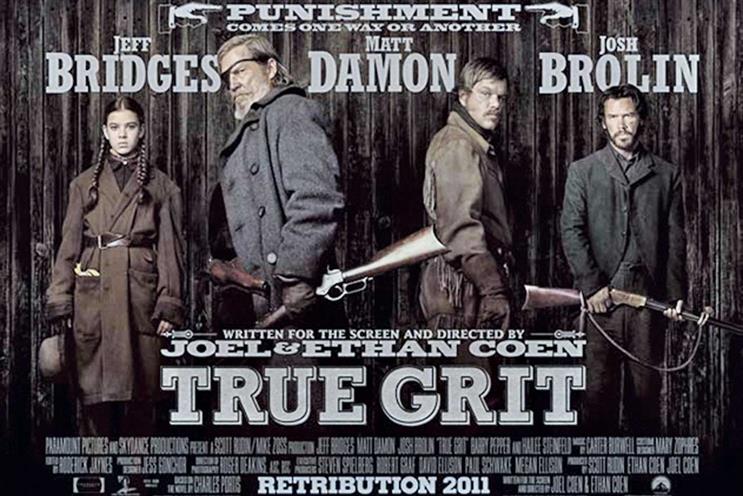Grit, for me, is what makes watching top sports professionals so fascinating.
Often, they will have had very similar training and coaching programmes. The technology that they use is similar. But there are sometimes exceptions when the rules of the sport are challenged by new tech.
in 2008 when new swimsuits made from polyurethane led to more than 200 world records being broken in months? In 2010, the suits were banned. If the rules aren’t changed, as in that example, the benefit of the new tech soon becomes equalised, as all major players get equivalent technology.
So the real excitement is seeing two equally balanced players or teams facing off at the top of their game. The win comes from passion, talent, training and, above all, grit.
Grit is perseverance in the face of whatever life, your opponent and the business world throw at you. Grit means resilience against adversity and an endless drive to improve.
As tech is equalised in the 2020s in media owners and agencies with resource and scale, grit will become the differentiator in terms of success.
Grit and talent don’t necessarily grow together. Both can and must be nurtured.
First of all, grit needs to be demonstrated from the top of the company. Good leadership is a gritty business; a single-minded focus on what needs to be achieved and a clear understanding of how to get there are crucial. If any leader flip-flops about decisions or seems to flinch in tough times, this doesn’t help.
Grit doesn’t mean getting there at all costs. It means finding how to get there and still taking everyone with you, leaving no-one behind and bringing out the best in the team. In turn, with their passion for a good outcome, leaders with grit will inspire everyone to fulfil their potential.
Having said this, it is a good idea to hire people with grit into your team in the first place. It isn’t necessarily obvious in a job interview how gritty a candidate is. Their CV will talk about their triumphs, not their grit. So asking questions about sticking with situations that are difficult rather than quitting, and encouraging stories about overcoming a crisis, can demonstrate people’s bounce-back ability.
Setbacks provide the best opportunity to acquire grit. Does the head of your team ever tell you what mistakes they’ve made? Clearly, no-one wants someone who constantly gets things wrong in charge of the business, but creating a culture where people admit that they aren’t perfect and acknowledge the learning process is important.
Burying mistakes means no-one learns from them. Sharing what went wrong, owning the error and the lessons learned – that helps everyone progress.
When Sir Alex Ferguson considered which players he would introduce from the more junior teams into the top line-up, he would play the candidate a video of something going wrong in a match and that person's role in it – possession lost or a goal scored by the opposing team – and ask them to talk through it. There were two kinds of responses. Some explained at length how everyone else was at fault – who hadn’t been there to have the ball passed to them, who had failed to defend properly. And then there were those who took responsibility for the error, explained what they had learned from it and embraced the loss to motivate future gains.
The second contingent were Ferguson’s future stars. They showed grit.
Make sure whatever else you introduce in 2020, you ensure a good amount of grit.
Sue Unerman is chief transformation officer at MediaCom


